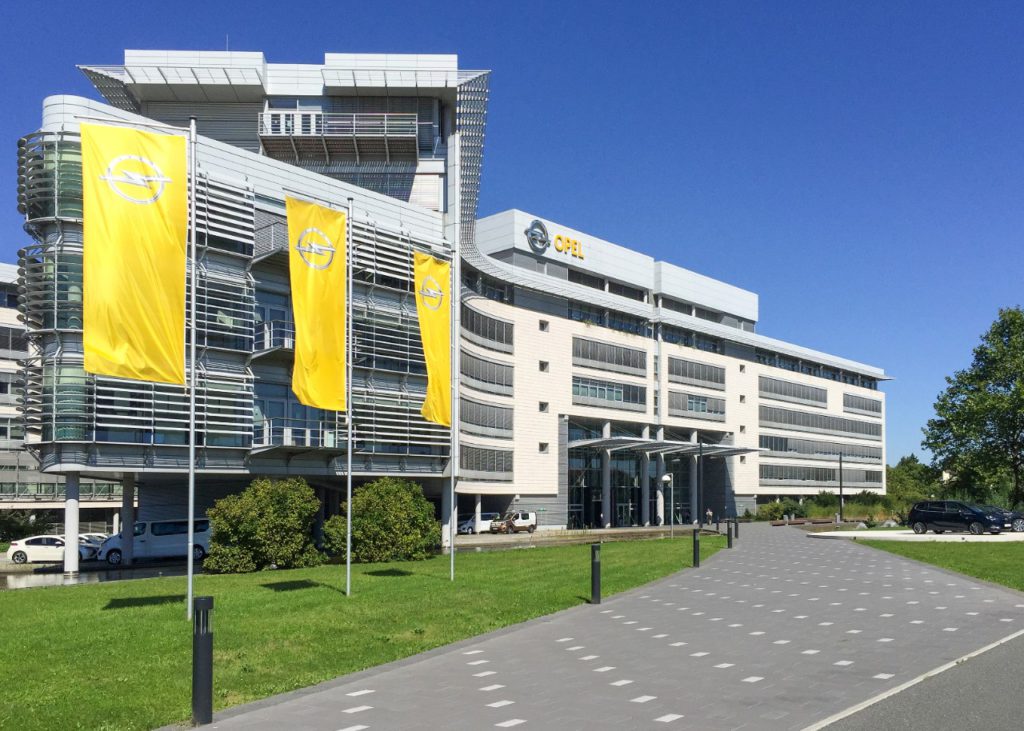More German jobs cut as CO2 regulations bite Opel
15 January 2020

15 January 2020
Opel is to cut thousands of jobs as the effects of strict European CO2 rules start to take hold.
The carmaker has highlighted the emissions targets as a reason for cutting up to 4,100 jobs, a move that it says will secure other employment and further increase its competitiveness. With the need for investment in electric vehicles while other, more polluting models and technologies will cease development, Opel is taking a route that may become familiar throughout the year.
Talks between management and the works council saw an arrangement that the voluntary leave programme will be reopened for employees in RÜsselsheim, Eisenach and Kaiserslautern. This is limited to a maximum of 2,100 positions. Employees born up to 1963 will have the opportunity to participate in partial retirement or senior leave programmes, the company said.
There is also an option to cut another 2,000 positions by 2029.
′This agreement creates a further considerable improvement of our competitiveness. With the allocation of the next-generation of Astra, we aim at safeguarding the future in times of massive transformation. At the same time, this agreement gives our employees long-term security. The protection of employment until 2025 is a strong signal,’ said Opel CEO Michael Lohscheller.
Spending money
Alongside the redundancies, the carmaker has announced that it will invest in its RÜsselsheim plant, to boost its performance and provide many more years of manufacturing.
′RÜsselsheim will produce the next generation of the Opel Astra as a five-door as of 2021 and as a station wagon in as of 2022, considering that around 95% of station wagons are sold in continental Europe,’ the carmaker said in its statement.
′The allocation includes the internal combustion engine and the plug-in hybrid variants. This extensive investment decision will secure at least the two-shift operation of the RÜsselsheim plant.’
The carmaker has tentatively confirmed plans to build the Astra at its Ellesmere Port plant in the UK as well, subject to a favourable Brexit outcome.
Further losses
Opel joins Daimler and Audi in cutting jobs due to the pressure of meeting CO2 limits of an average 95g/km across fleets in 2021. With the decline in diesel sales, most carmakers are pushing for rapid development and production of electric vehicles. However, this requires massive investment as well as reliance on imported components, such as batteries. Opel’s announcement is unlikely to be the last of its kind this year.
More than 410,000 German jobs could be at threat in a worst-case scenario, representing a 1% decrease in the workforce, according to a new National Platform on Future Mobility (NPM) report.